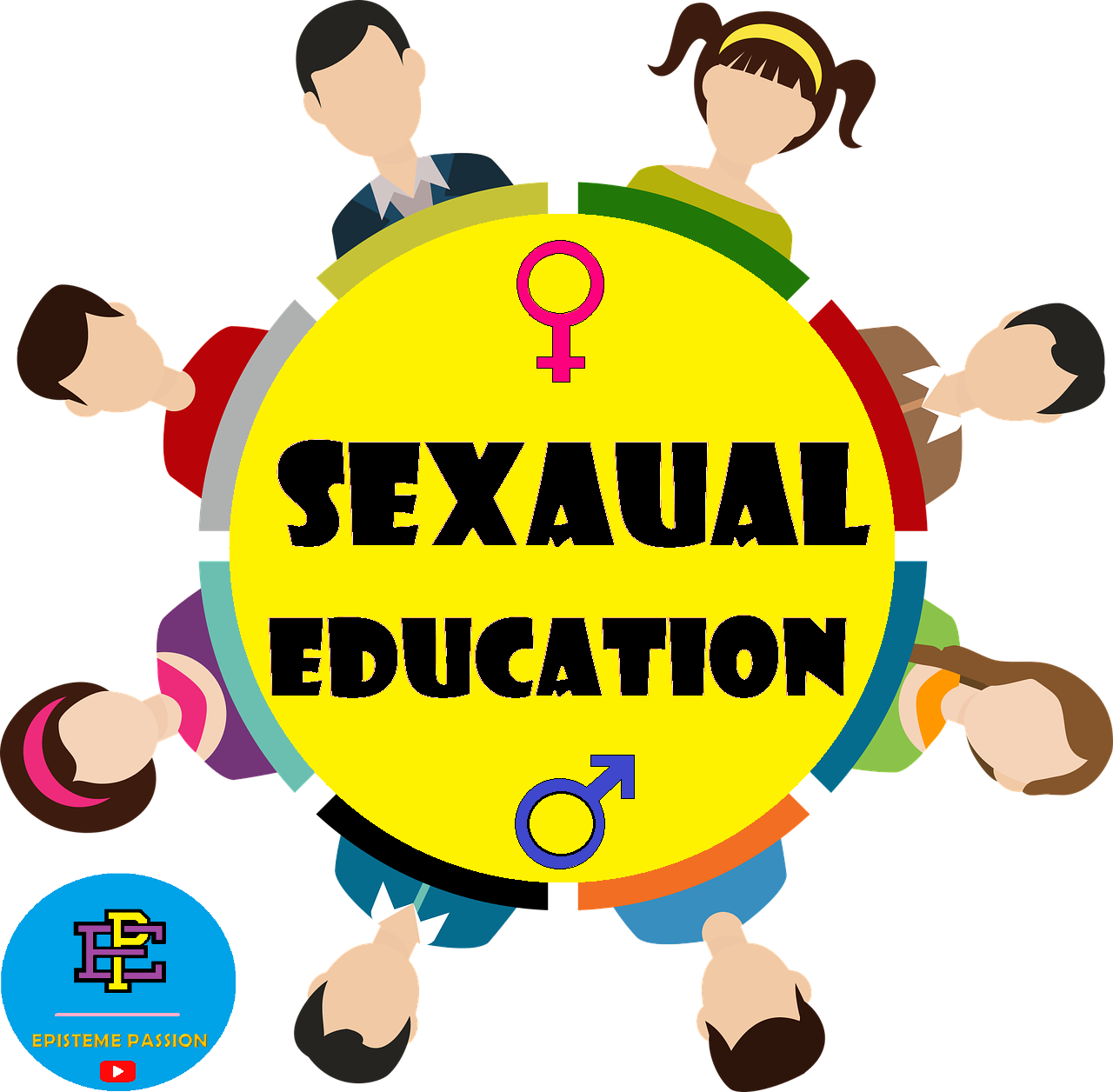The Importance of Educating Children About Sexuality and Reproduction
Parents have a responsibility to educate their children about human sexuality and reproduction in an age-appropriate manner. Failing to do so can put children’s health, safety and well-being at risk.
Preparing For Puberty and the Physical Changes
As children enter adolescence and their bodies start to develop and change, it’s crucial that they understand what’s happening to them. Experiencing first periods or erections without context can cause unnecessary distress and confusion. Puberty education should cover the biological functions and signs of maturity without shame. While topics like intercourse may still be too advanced, ensuring kids are informed about periods, wet dreams and other normal occurrences prepares them for a critical life stage.

Protecting Their Emotional and Physical Safety
Being kept ignorant leaves children vulnerable to manipulation or abuse. If a teen doesn’t understand appropriate boundaries or how sexuality relates to consent, predators may take advantage of their naivety. Education empowers kids to recognize improper behavior and seek help. It also fosters healthy attitudes toward relationships and decision making as they grow into young adults. Shielding them from reality poses far greater risks than offering age-calm guidance.
Avoiding Health Crises and Unwanted Pregnancies
Lack of sex education can have serious health consequences. A teen who gets pregnant or contracts an STI without comprehension of how or why may suffer needlessly. Comprehensive puberty lessons covering methods of conception and disease prevention set the foundation for making wise choices later on. Rather than fear or shame, they impart understanding to help safeguard physical and mental well-being during formative years.
Guiding Values and Decision Making Skills
Sex positivity requires balance. Parents shouldn’t overlook discussions about values, consent and responsibility. Providing facts alone isn’t enough; children also need help in applying knowledge appropriately. Talking through dilemmas like peer pressure allows them to develop judgment and decision making skills for navigating complex social situations. Guidance from a trusted caregiver during these tender discussions can influence their character and decision making for life.
Building Strong Communication for a Lifetime
Open parent-child relationships foster honesty and trust. When a sensitive subject like sexuality remains taboo, it hampers discussions on all topics and severs vital connections. Establishing rapport early by fields questions respectfully helps ensure children will continue coming to parents for advice through their teen and young adult years. Raising confident communicators sets the stage for healthy relationships, responsibilities and wellness in adulthood.
Partnering with Educational Resources and Experts
Decent sex education should never feel like an interrogation. Using age-calibrated books and videos introduces subjects naturally while relieving pressure on parents. Professionals can also field more complex questions out of parents’ comfort zones. A balanced approach integrating multiple trusted educational resources makes the topic comfortable for all. It builds understanding through an attitude of caring rather than frightening obligation.
Preparing for Life’s Complexities With Care and Understanding
Full knowledge empowers responsible choices and personal autonomy as kids transition to self-sufficiency. While guidance aims to delay intercourse, the goal should remain health, not forced naivety. With open-hearted care and understanding, parents can uplift children’s inherent dignity regarding their developing bodies and interests. Comprehensive life preparation rooted in empathy, medically accuracy and mutual respect serves kids best as they navigate life’s intricacies.
